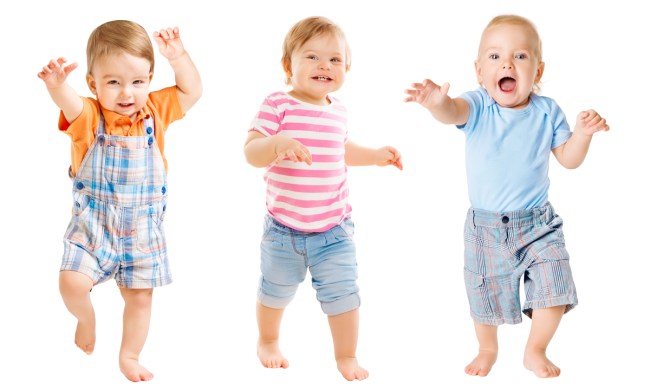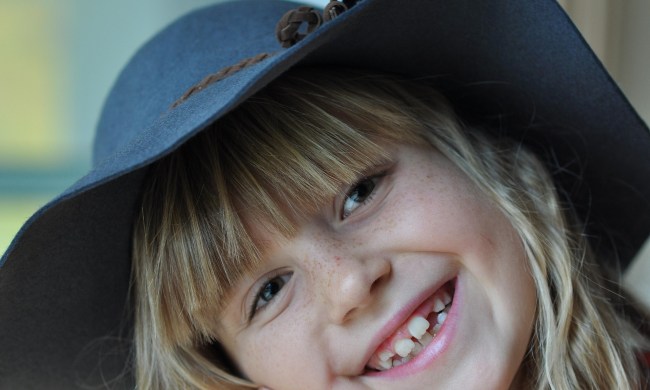In the blink of an eye, milestones will go from first steps to first words to bigger ones, like the first day of school and the first birthday party invite. Some will be harder for the kids than the parents, but one that could bring stress to both sides is the first sleepover.
It can be scary for the child to be away from home for the first time, and parents could spend the whole night awake worrying if the child is OK. To ensure an easier transition for this big step, here is the ultimate guide for your child’s first sleepover, so you all have a worry-free time and enjoy the new experience.
Talk it out before the sleepover

- Talk over how the night will go
- Have a chat with the host parents about concerns, medical issues, fears, or anything else of note
- Talk to your child about boundaries
The first step is to have a talk the moment you know your child will be going to their first sleepover. Go over what typically happens at a sleepover and then go into detail about how things may be different at that house, what that means, and what are acceptable differences and unacceptable differences. For example, some homes serve pop, and some don’t, so if your home doesn’t but the sleepover home does, let your child know they can bring their own drink or stick to water, so they don’t feel pressured but don’t feel left out. Things like that.
If you don’t know the parents well, a short chat with them about the expectations and schedule for the evening could alleviate everyone’s worries. You could go over the plan with your child and be prepared for any variances between their home and yours so you and your child feels comfortable. If it’s a child your kid is close with, it should be a smoother transition, and the back and forth shouldn’t need to be too involved.
Before the child goes on the sleepover, it would be a good idea to go over boundaries, what is appropriate and not appropriate, and any other tools to empower your child to speak up for themselves when in a new environment so everyone feels safe.
Ways to help your child feel good about the sleepover

- Let the child bring a comfort item from home
- Set up a goodnight call
- Let the child know it’s OK to come home
When a child goes somewhere else for a sleepover, let them pick out one comfort item to bring, so they have a bit of home with them. From a favorite blanket to a best friend stuffed animal, one item they can carry to remind them of home can help them go to sleep easier. If your child would feel better with a good night call, set up a time for that to ease the bedtime routine. If they have siblings, it would be a comfort to say goodnight and keep a little bit of that home routine wherever they are.
It’s important to let your child know no matter what, no matter what time it is or what happened, if they feel uncomfortable and want to come home, they are to call you. This is a good thing to establish as young as possible so your child knows they can always call you if they feel scared and need backup, no matter their age.
Set the tone for your child’s first sleepover

Even if you’re nervous, if you constantly show it to your child, they will be nervous about the sleepover. If you have no reason to think it will be anything other than a great time for your child, hype them up until you hand them off to the other parents, then go home and have a mental breakdown about how grown up your child is getting.
Your child will feed off how you feel about the sleepover. Even if you have worries and anxieties about it, once you have gone over all the information with your child, keep it positive so they feel more confident about the sleepover.
Don’t push or force the sleepover

If for any reason you don’t feel good about the sleepover, your child is showing unprovoked uneasiness, or something in your parent gut just says no, it’s OK to cancel the sleepover or tell the other parents your child won’t be attending. It’s better to back out and try again at a later date than traumatize everyone by forcing your child to go through with it.
A sleepover isn’t something on a checklist your child has to do to be a good person or have a good childhood, and there isn’t a set time when your kid has to go to a sleepover. Don’t feel bad if your child isn’t ready for a sleepover. When they are ready, they will go to one, whenever that is.
It seems each new step in your child’s life takes you by surprise in the quickness with which it arrives. It might feel like they just said their first word yesterday, so how are they already going to their first sleepover? But that is the joy of parenting. A new milestone is always around the corner, and the first sleepover is one of many your child will get to experience. With these tips, at least everyone will be able to get a good night’s sleep.




